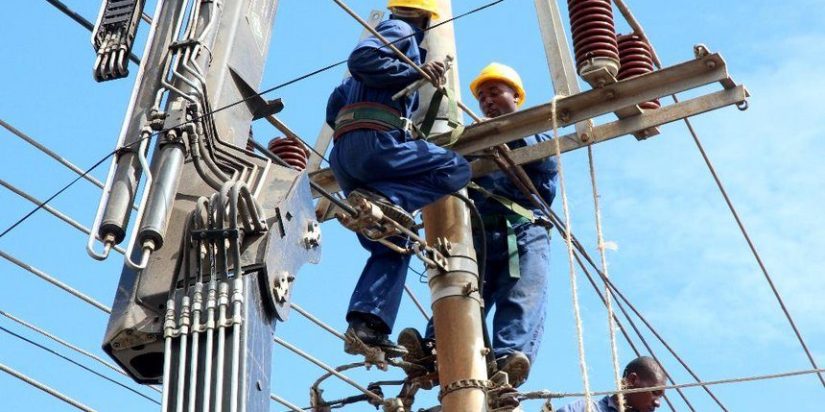
FILE - The U.S. Capitol is seen through a window in the Russell Senate Office Building in Washington, March 15, 2023.
(AP Photo/J. Scott Applewhite, File) Facebook Twitter WhatsApp SMS Email Print Copy article link Save Social media promised to bring us closer together in new and meaningful ways — to make it easier to connect with people from around the world, stay in touch with friends and family, and discover new communities who share similar interests. For kids growing up in this digital age, the reality paints a very different picture.
One that parents and families across Louisiana and the country can attest to, where children are too often robbed of their childhood innocence, where the simple joys of playing outside and spending time with friends are replaced by screen time and addictive algorithms designed to keep users engaged, online and scrolling. For young users and their developing brains, these algorithms suck kids and teens into a vortex of harmful content that’s neither healthy nor safe. Over the last decade, we’ve witnessed skyrocketing rates of anxiety, depression, self-harm and suicide among America’s youth.
Suicide is now the second leading cause of death among those between the ages of 10-14 in the U.S., and the third leading cause of death among individuals between 15-24.
An alarming federal study from the federal Centers for Disease Control and Prevention also found that three in five teen girls report feeling "persistently sad or hopeless,” a 60% increase compared to the previous decade. Mary Landrieu Social media is fueling this mental health crisis in young people. And despite parents doing everything they can to monitor screen time, set boundaries and keep their children safe online, it’s simply not enough.
Parents can’t do this alone; the deck is stacked against them. Social media companies are laser-focused on one thing: profit. They design their platforms to maximize engagement, knowing that the longer users stay online, the more ads they see and the more revenue they’ll add to their coffers.
Enough is enough. It’s time that we stand up to the social media platforms and demand better. Earlier this summer, the U.
S. Senate passed the Kids Online Safety Act in an overwhelming and bipartisan vote of 91-3. Let that sink in.
In these polarizing times, and during a presidential election year no less, nearly every senator voted to bring long overdue accountability to Big Tech and require the social media companies to place the health, well-being and privacy of minor users over profits. From Republican Senators Bill Cassidy and John Kennedy of Louisiana to Democratic lawmakers such as Senators Richard Blumenthal of Connecticut, Jon Ossoff of Georgia, Richard Durbin of Illinois and Majority Leader Charles Schumer of New York, our elected representatives are working together to protect our children and teens from the online harms that have plagued American families for too long. Charles Boustany The bill — which shifts the balance of power online from tech executives to American families and makes the internet a safer, healthier place — would require platforms to prioritize the safety of young users by disabling addictive product features, giving children, teens and families the ability to opt out of algorithmic recommendations and enabling the strongest safety settings by default.
This is a winning issue that’s fiercely popular with the American people. The public recognizes the enormous power we have handed over to Big Tech to design manipulative and even dangerous products with little regard to the impact their decisions have on their most vulnerable users, and they understand the urgent need for responsible safeguards. The last time Congress took action to protect kids online was with the passage of the Children's Online Privacy Protection Act of 1998.
That’s why leadership in the U.S. House of Representatives — including our own Speaker Mike Johnson, R-Benton, and Majority Leader Steve Scalise, R-Jefferson — must work with members to pass the bill and send it to the president’s desk so it can become law.
Rarely do we see an issue today garner so much bipartisan support, but when it comes to kids’ online safety, it doesn’t matter whether you’re Republican or Democrat. We all want what’s best for our young people and that includes building a better online environment that delivers on the promise of social media. Speaker Johnson, now is your opportunity to show leadership.
Stand up to Big Tech and deliver a historic victory for American families. We urge you to do the right thing..














